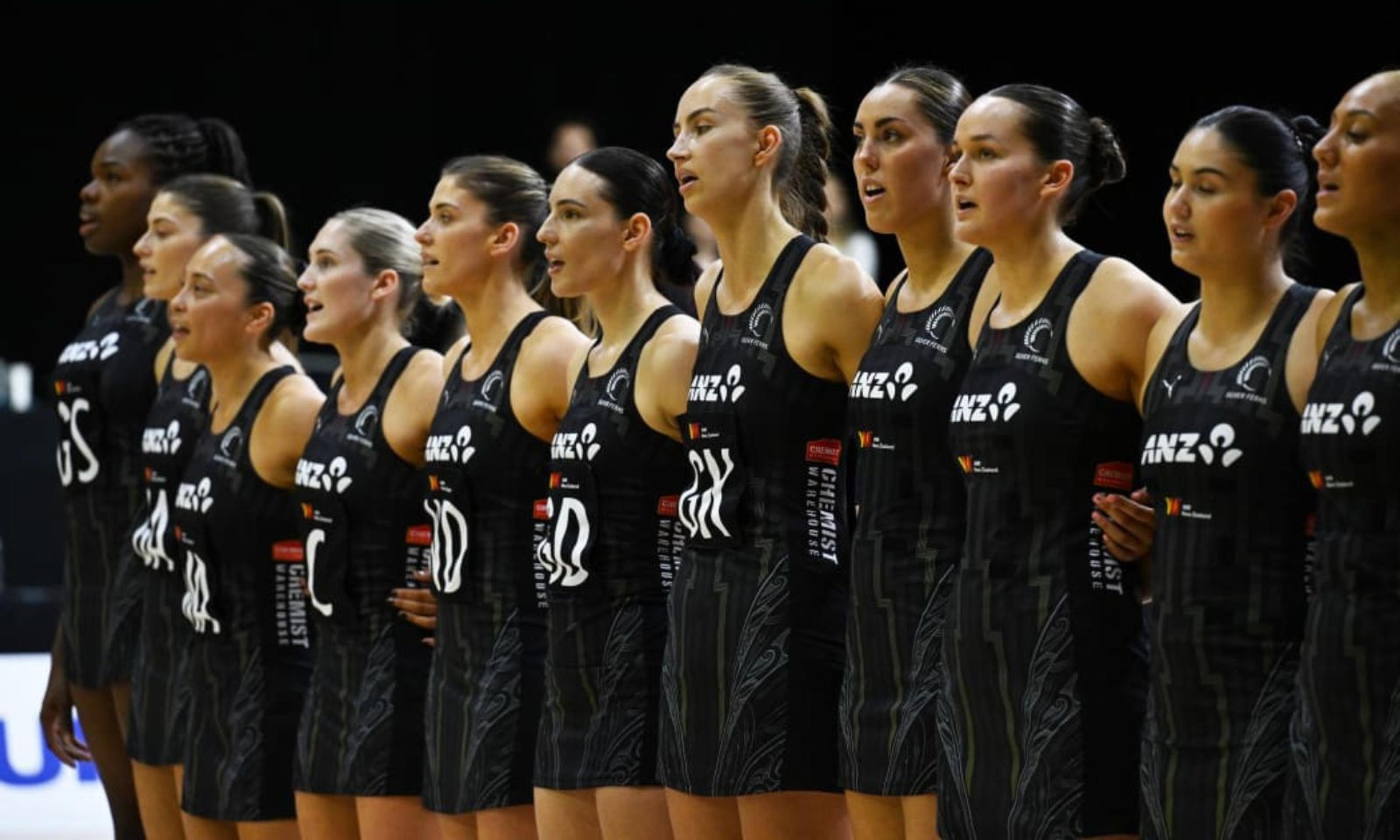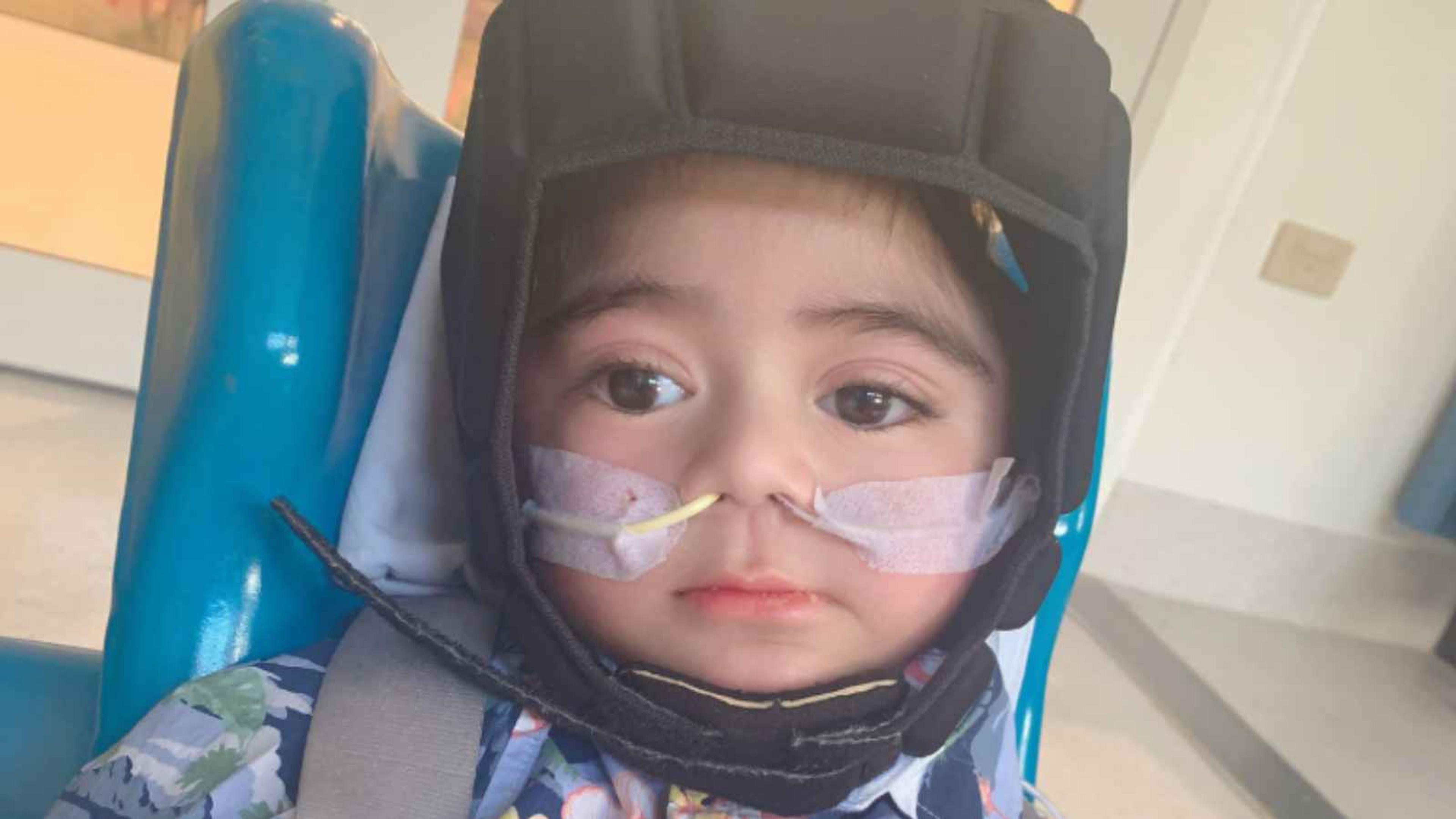

Rochelle Nafatali with her family. Image/Supplied.
Image/Supplied.
‘If in doubt ask’: Scholar wants autistic community to be given their say
Pacific families and their experiences of autism are now being voiced thanks to the world-first research of Rochelle Nafatali.



Fiji’s former Prime Minister and police chief charged with inciting mutiny

Immigration reassesses toddler's declined visa request as Children's Commissioner steps in

US funding cuts threaten to 'dry up' future of Pacific scientists - expert


Fiji’s former Prime Minister and police chief charged with inciting mutiny

Immigration reassesses toddler's declined visa request as Children's Commissioner steps in
Rochelle Nafatali (Luatuanu’u, Lauli’i) will be able to use the ‘Dr’ title when she soon graduates from Massey University for revolutionary research into Pacific families raising autistic children.
Her doctoral research holds unmatched promise to affect change in the way health providers and government agencies understand autism through an indigenous lens.
Until now there has been no published study to examine the holistic experiences of Pacific families carried out through talanoa but Nafatali is about to change that.
“It was a privilege to be invited into each ‘āiga’s world and to learn about their precious children. We laughed, we cried, our stories resonated and differed,” Nafatali says.
“The point of this research is to allow our families to see themselves and for their very real experiences to be validated and adequately supported.”
Nafatali framed her research with Pacific methods of talanoa and fa’afaletui – or cultural dialogue – and affirming different “houses of knowledge” within each family or fale.
The broad aims were to investigate Pacific understandings of autism, survey holistic experiences of Pacific parents raising autistic children and explore existing supports and how culture and language is maintained.
Nafatali says there are many common misconceptions in the community such as autistic people having no empathy and that non-speaking autistic people have nothing to say.
“Autism is not abnormal, and it does not need to be cured. Non-speaking autistic people have active thought lives and often have a lot to say with assistance from technology.
“Autistic people express empathy differently and are more likely to be hyper empathetic to the point that it becomes overwhelming for them.”
Nafatali says that the puzzle piece as a symbol for autism is offensive because the symbol implies that autism is “puzzling”’ and needs figuring out. The representation came from outside of the autistic community who instead prefer the gold infinity symbol.
“Autistic people have the self-determining right to choose their own identity terms and symbols, so if in doubt, ask autistic people directly about their preferences.
“Being inclusive of neurodiversity and autism means being more tolerant and less judgmental of all differences – being kind and patient."
She hopes her research will contribute to Pacific children with autism being supported to fulfill every opportunity and to lead successful lives including her own son.
“Even though our son started this autism journey and prompted the research – it was about bringing all of our collective voices to the table.
“When our children achieve soifua maloloina [total health and wellbeing] that is when we will know we have arrived.”